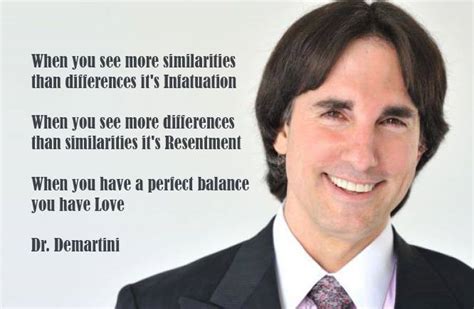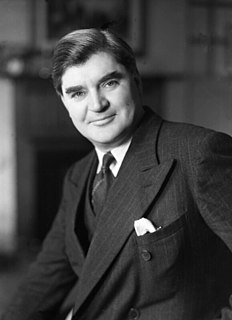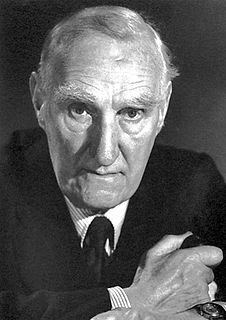A Quote by Oscar Wilde
Every man of ambition has to fight his century with its own weapons. What this century worships is wealth. The God of this century is wealth. To succeed one must have wealth. At all costs one must have wealth.
Related Quotes
It is true that so far as wealth gives time for ideal ends and exercise to ideal energies, wealth is better than poverty and ought to be chosen. But wealth does this in only a portion of the actual cases. Elsewhere the desire to gain wealth and the fear to lose it are our chief breeders of cowardice and propagators of corruption. There must be thousands of conjunctures in which a wealth-bound man must be a slave, whilst a man for whom poverty has no terrors becomes a freeman.
Our culture is hung up on and overemphasises what can be derived from material objects. I think this is something quite new, over the past 200 or 300 years - that life has become about accumulating material wealth. The 21st century is not about accumulating material wealth like the 20th century. It's already eroding.
The wealth gathered by Jamsetji Tata and his sons in half a century of industrial pioneering formed but a minute fraction of the amount by which they enriched the nation. The whole of that wealth is held in trust for the people and used exclusively for their benefit. The cycle is thus complete; what came from the people has gone back to the people many times over.
The art of wealth-getting which consists in household management, on the one hand, has a limit; the unlimited acquisition of wealth is not its business. And therefore, in one point of view, all riches must have a limit; nevertheless, as a matter of fact, we find the opposite to be the case; for all getters of wealth increase their hard coin without limit.
Not understanding the process of a spontaneously-ordered economy goes hand-in-hand with not understanding the creation of resources and wealth. And when a person does not understand the creation of resources and wealth, the only intellectual alternative is to believe that increasing wealth must be at the cost of someone else. This belief that our good fortune must be an exploitation of others may be the taproot of false prophecy about doom that our evil ways must bring upon us.







































